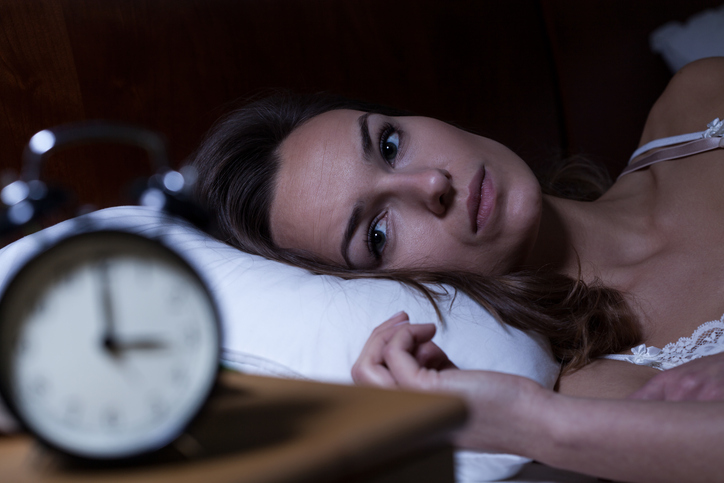Why Do I Pee So Much at Night?
Does your bladder nag you out of bed overnight? There are many possible causes, so check these out.

Does your bladder force you out of bed overnight? If you have to go to the bathroom more than once during 6-8 hours of sleep, you might have nocturia.
Your body may make too much urine, or your bladder can’t hold enough, and sometimes it’s both.
There are many possible causes and some need medical treatment, but others you can manage on your own.
Could it be what I’m drinking?
You may just be drinking too much or too close to bedtime so try to drink less several hours before you go to sleep.
Don’t have alcohol, caffeine or carbonated drinks late in the day and be sure to go the bathroom before you go to bed.
Fizzy drinks contain dissolved carbon dioxide which results in an acidic solution and may increase urinary urgency and can irritate your bladder.
Could it be an infection?
A urinary tract infection (UTI) triggers a need to pee more during the day and at night. It may hurt when you pee, your stomach may ache, and you might have a fever.
Your doctor can diagnose and treat a UTI and there are over the counter treatments available. Self help includes drinking lots of water, cranberry juice, having a regular probiotic, eating garlic and adding vitamin C to your diet.
Bioidentical progesterone also plays several roles in preventing vaginal and urinary tract infections. When progesterone is restored to normal physiological levels and hormones come back into balance, then vaginal lubrication returns and this reduces the impact of urinary tract infections. Also progesterone is part of our immune defense system that prevents such infections.
Could it be my age?
Sadly, the answer to this is yes as the older you are, the more likely you are to need to pee at night.
As you age, your body produces less of a hormone that helps concentrate urine so that you can hold it until the morning.
When you’re older you’re also more likely to have other health problems that make you need to pee overnight.
After menopause, you may be making less oestrogen and that can cause changes in the urinary tract that make you have to go more often.
Could it be my medicine?
Some medicines pull fluid out of your system and make you pee more. If you are on any form of regular medication, then ask your pharmacist or doctor to check this.
You might solve the problem by taking them earlier in the day, or it may be possible to change your medication.
Could it be a sleep problem?
Sometimes it’s not the urge to pee that wakes you, but once you’re up, you need to go. That can happen if you have restless legs syndrome, hot flushes, ongoing (chronic) pain, or depression.
There’s also a connection between sleep apnoea and having to go at night so treating the sleep disorder usually solves this too.
Could it have anything to do with my heart?
When your heart doesn’t pump the way it should, fluid builds up and generally you will notice this particularly around your ankles.
When you lie down, your body flushes out the extra fluid and that fills your bladder and wakes you up.
You might help control the swelling by resting with your feet up during the day, or by wearing compression socks.
Could it be something else?
If you’ve tried to control the problem, but it’s not getting better then that’s time to see the doctor.
Other medical issues can cause your bladder to hold less than it should and include:
– Overactive bladder
– Interstitial cystitis causing bladder pressure and pain
– Obesity
– Bladder tumour
Conditions that can cause your body to make too much urine include:
– Diabetes
– Diabetes insipidus characterised by large amounts of dilute urine and thirst
– Liver failure
– Neurologic diseases like Multiple Sclerosis, Alzheimer’s and Parkinson’s.
If you have an underlying health issue and you get it treated, that may stop the night time peeing problem but you may need medication to help with that, too.
Helpful information:
Getting up in the night to pee can give you problems during the day, like lack of concentration or other health problems. When you’re older, nocturia also raises your chances of falling and breaking a hip if you have a risk for osteoporosis.
If the problem continues, and you have tried all the self-help measures, then that would be the time to speak to your doctor.
You may also find addressing your diet can be helpful too, so this article will give you some tips on how to do that.
https://anna.blog.wellsprings-health.com/food-and-drink-to-help-an-overactive-bladder/


















